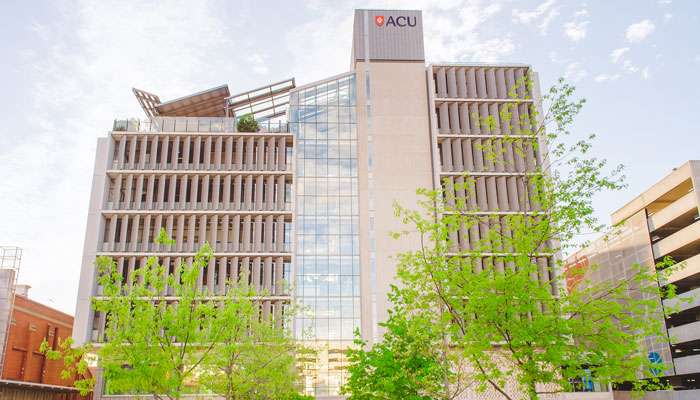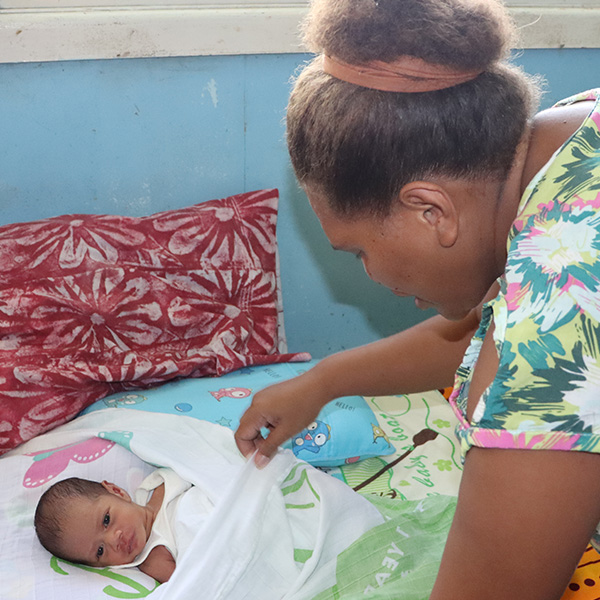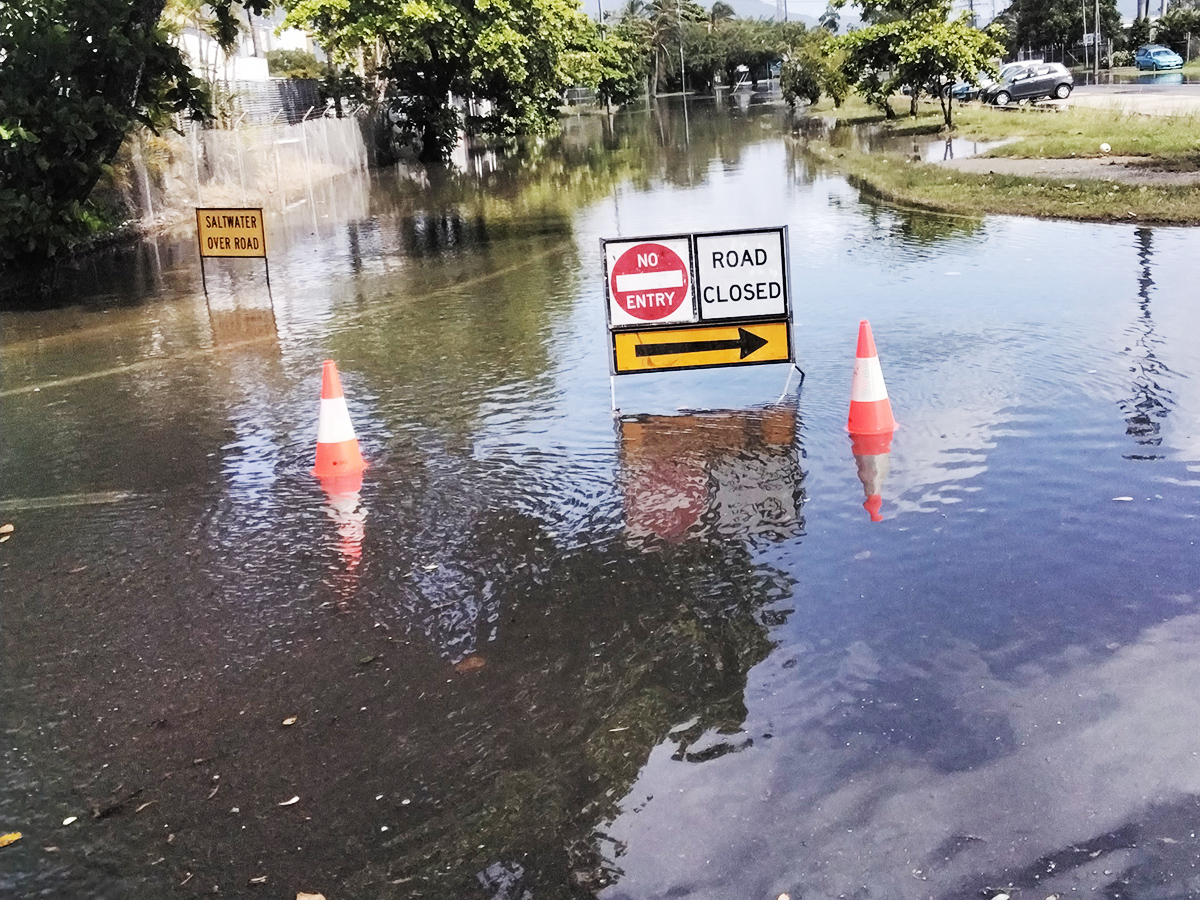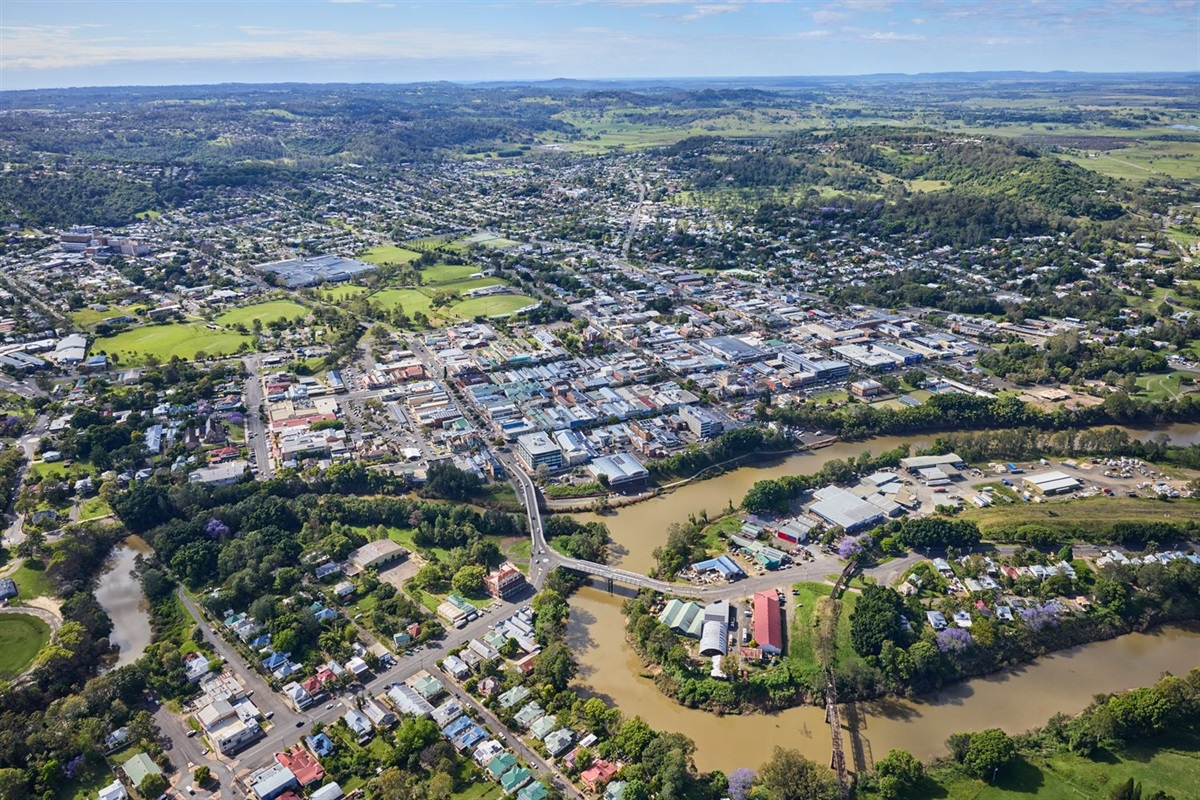
In response to traffic congestion, up to hour-long trips to the nearest hospital and rising greenhouse emissions from unsustainable transport options, Nillumbik Shire Council has joined six councils from Melbourne’s northern suburbs to release the final element of a blueprint for the region’s transport future.
The Northern Councils Alliance today launched its Community Electric Vehicle Transition Plan, part of an evidence-based regional transport plan.
Like the NCA’s Northern Region Transport Strategy and Bus Networks Study, the Community Electric Vehicle Transition Plan offers evidence-based recommendations for improving transport options across Melbourne’s north.
Melbourne’s north is home to one million people or 20% of the population of Greater Melbourne. It’s one of the fastest growing regions, with a population of 1.5 million forecast by 2036 – a growth rate of 2.8% compared to 1.6% for Greater Melbourne. One in six Victorians live in the northern Melbourne region.
But this population growth has not been matched with the necessary investment in transport. Over the years this has caused massive road congestion and delays in connecting between transport options – limiting business growth and access to employment, education and health services. A lack of planning and investment is also impeding the transition to electric vehicles.
The Community Electric Vehicle Transition Plan provides a framework for a sustainable regional transport system and the transition to electric vehicles. It was developed in response to community requests for public electric vehicle charging and growing concerns about the region’s ability to respond to this need.
A key opportunity identified in the plan is a comprehensive active transport network, including walking, cycling and micro mobility e-bikes and e-scooters. This includes supporting the charging of micro mobility in public realm and electric micro mobility share schemes.
Developed by the municipalities of Banyule, Darebin, Hume, Merri-bek, Mitchell, Nillumbik and Whittlesea, in conjunction with various regional stakeholders, the three regional transport advocacy documents were funded by the Northern Metropolitan Partnership.
The NCA is calling on the federal and state governments to act on the transport blueprint by integrating it into their planning and funding the identified transport infrastructure and services. It is vital that the region’s transport system can support future growth while safeguarding and improving livelihood, liveability and action on sustainability goals. Ongoing strategic and coordinated planning is needed to ensure that the broader needs of the community are met with investment in transport infrastructure.
Cr Joseph Haweil, Mayor of Hume Council and Chair of the NCA, said: “With our region’s growth, planning and investment in transport options is critical. Our seven Councils are responding to this issue and are working together to support state and federal government plans for our community.”
Cr Ben Ramcharan, Mayor of Nillumbik Shire Council, said: “A high-quality regional trails network will provide desirable, safe and accessible transport and recreation opportunities for residents and visitors. Together with provision of integrated bus routes, this will significantly lift the number of transport options available and improve the health and wellbeing of our community.”
To read the Community Electric Vehicle Transition Plan, Northern Region Transport Strategy and Northern Region Transport Study Stage 2: Bus Networks (Bus Networks Study), visit the Northern Councils Alliance website








